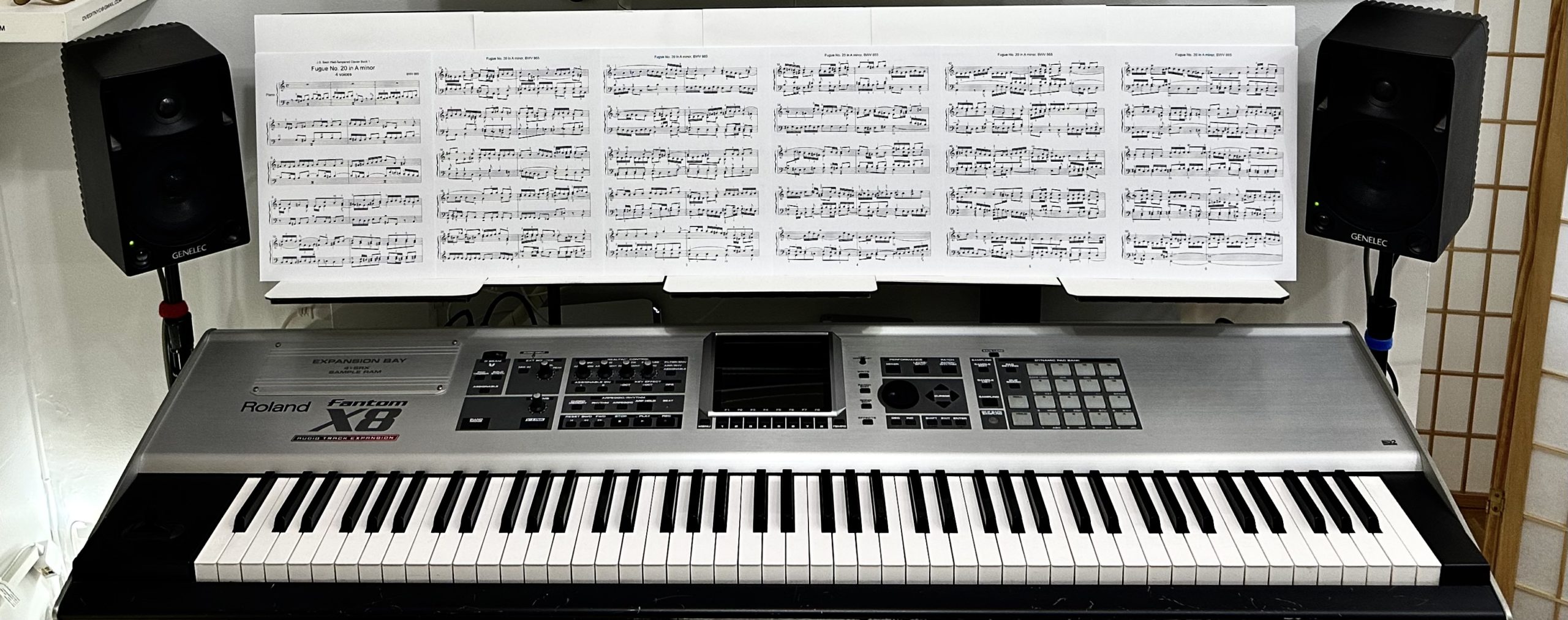My name is Stephen Colvin and I live in New York City.
I have decided to share what I have learned from my study of psychology, my experience as a professional musician, performing in theaters and concert halls, as well as my love for the outdoors, playing sports and coaching athletes, all on this website.
If you have an insatiable appetite for playing musical instruments, performing with musicians as well as a passion for playing and coaching sports, you’re very fortunate.
My instruments, or tools for expression, are the piano, the French horn, the violin, conducting large or small gatherings of musicians, alpine skis, tennis racquets and tennis balls!
As a teenager, I loved alpine skiing, playing tennis and the sound of the French horn. Today, I’m an alpine race coach, a tennis coach, musician and conductor.
I love spending time playing musical instruments, practicing the piano, violin, or French horn and conducting chamber music, symphony orchestra, opera, modern or ballet whenever the opportunity arises.
Learning something new, playing either an instrument or a new sport is not easy. It’s okay to feel frustrated and confused and think of yourself as being really stupid because you’re not getting it. We need to become novelty seekers looking to balance the familiar and the new.
In the beginning, we start out unconsciously incompetent — we don’t know what we don’t know. It takes time to discover what needs our attention as we become consciously incompetent — we learn what we don’t know. The next stage is becoming consciously competent — where focused and effective practice builds confidence. The final stage is unconscious competence when we become one with our instrument, whatever it may be.
Understanding technical information and delivering it effectively requires practice. It takes the ability to transform it into a creative and practical application. The ability to express ones thoughts using words simple enough to understand in all age groups is not as easy as it might seem at first. With this desire in mind, there are many subjects which seem complex or mysterious that can be creatively and masterfully simplified.
Exploring and discovering the inner workings of musical instruments and how any human being can draw music from them, as well as the ability to do the same with a pair of skis or a tennis racquet and a tennis ball is the goal and purpose of this website.
Being a performing musician is a lot like being an athlete. Professional musicians and committed athletes have routine rituals, maintaining healthy diets, getting restful sleep, focusing in practice, training, visualization and meditation, etc.
Here, I will offer steps to take and shortcuts to make for learning alpine skiing, tennis, or playing music. Great insight comes from the discovery of natural shortcuts, such as skillfully blending fundamental elements in both sports and music. Meanwhile, we can also be given shortcuts which enhance our ability to apply these elements. Mastery comes from achieving an unconscious competence where everything occurs naturally.
I believe in the magic of books. Here, you will find a list or repository of my complete library, including books about writing, coaching, alpine skiing, psychology & philosophy, leadership, music, tennis, JS. Brook, the piano, classical piano music, popular piano music, jazz piano music, French horn music, violin music, miniature scores, medium scores, octavio scores, opera vocal and full scores, Novello short biographies, programs conducted, Ãœzlet Pithy Tanker.
My goal is to eventually provide links to whatever is in the public domain.
There is so much to discover and the journey is totally worth it.
Bach’s music is the only argument proving the creation of the Universe can not be regarded a complete failure.
To strip human nature until its divine attributes are made clear, to inform ordinary activities with spiritual fervor, to give wings of eternity to that which is most ephemeral; to make divine things human and human things divine; such is Bach, the greatest and purest moment in music of all time.
Bach is the beginning and end of all music.
If one were asked to name one musician who came closest to composing without human flaw, I suppose general consensus would choose Johann Sebastian Bach…
If I decide to be an idiot, then I’ll be an idiot on my own accord.
…the greatest music in the world…if life had taken hope and faith from me, this single chorus would restore all.
The prerequisite of contrapuntal art, more conspicuous in the work of Bach than in that of any other composer, is an ability to conceive a priori of melodic identities which when transposed, inverted, made retrograde, or transformed rhythmically will yet exhibit, in conjunction with the original subject matter, some entirely new but completely harmonious profile.
The poetry, the atmosphere, the intensity of expression, the beauty of the preludes and fugues grip, overwhelm, and stimulate us. Let us not be afraid of the supreme contrapuntal science of the fugues, nor be overawed by the stern appearance and heavy wig of Father Bach. Let us gather around him, feel the love, the noble goodness that flow from each one of his phrases and that invigorate and bind us by ties strong and warm.
Study Bach: there you will find everything.
I do not think that music keeps evolving. It evolved through Bach; since then, in my humble opinion, all the innovations added nothing.
